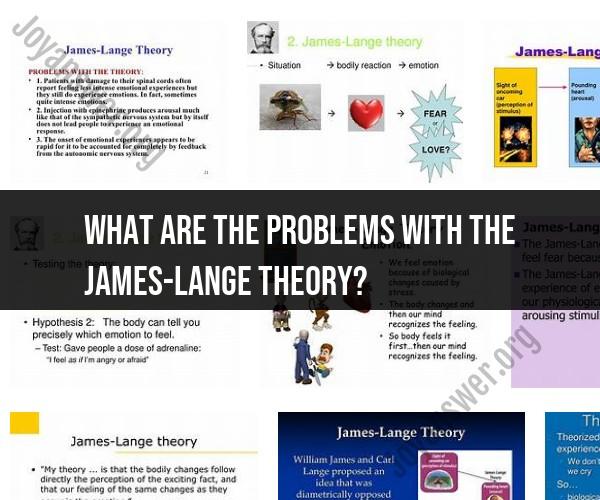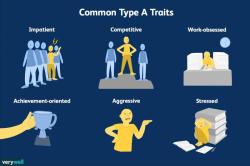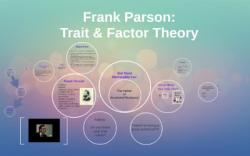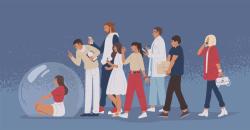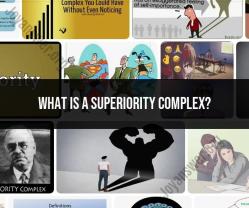What are the problems with the James-Lange theory?
The James-Lange theory of emotion, proposed independently by psychologist William James and physiologist Carl Lange in the late 19th century, suggests that our emotional experiences result from our physiological responses to stimuli. While this theory made significant contributions to the understanding of emotions, it also faces several challenges and criticisms:
Causal Direction: One of the primary challenges to the James-Lange theory is the issue of causal direction. According to the theory, physiological responses come before emotional experiences. However, it is often difficult to determine whether the physiological response causes the emotion or if the emotion triggers the physiological response. This causal ambiguity has led to ongoing debates.
Variability of Physiological Responses: The theory implies that specific emotions should correspond to distinct physiological responses. For example, fear should consistently lead to increased heart rate and sweating. However, research has shown that physiological responses can vary greatly among individuals and even within the same individual across different emotional experiences, making it challenging to establish clear patterns.
Overlap of Physiological Responses: Critics argue that the same physiological responses can be associated with multiple emotions. For instance, increased heart rate can be linked to fear, excitement, or anger. This suggests that physiological responses alone may not be sufficient to differentiate between emotions.
Cognitive Appraisal: The James-Lange theory largely overlooks the role of cognitive processes and mental appraisal in the experience of emotions. Subsequent theories, such as the Cannon-Bard theory and the Schachter-Singer theory, emphasize the importance of cognitive appraisal in emotional experiences.
Delayed Emotions: In some situations, emotional experiences appear to precede physiological responses. For example, when people anticipate an emotional event, such as a thrilling roller coaster ride, they may report feeling excited before any noticeable physiological changes occur. This challenges the idea that physiological responses are the primary cause of emotions.
Incomplete Explanation: The James-Lange theory provides an explanation for the bodily aspects of emotion but does not fully account for the subjective and cognitive aspects. It does not address how emotions are labeled, recognized, or differentiated from one another.
Inadequate Empirical Support: While some studies have provided support for aspects of the James-Lange theory, it has not received consistent empirical validation. Research in the field of emotion has led to the development of alternative theories that better account for the complexity of emotional experiences.
In response to these challenges and criticisms, contemporary theories of emotion, such as the Cannon-Bard theory, the Schachter-Singer theory (two-factor theory), and the appraisal theory, have emerged. These theories incorporate elements of both physiological responses and cognitive processes to provide more comprehensive explanations of how emotions are generated and experienced.
